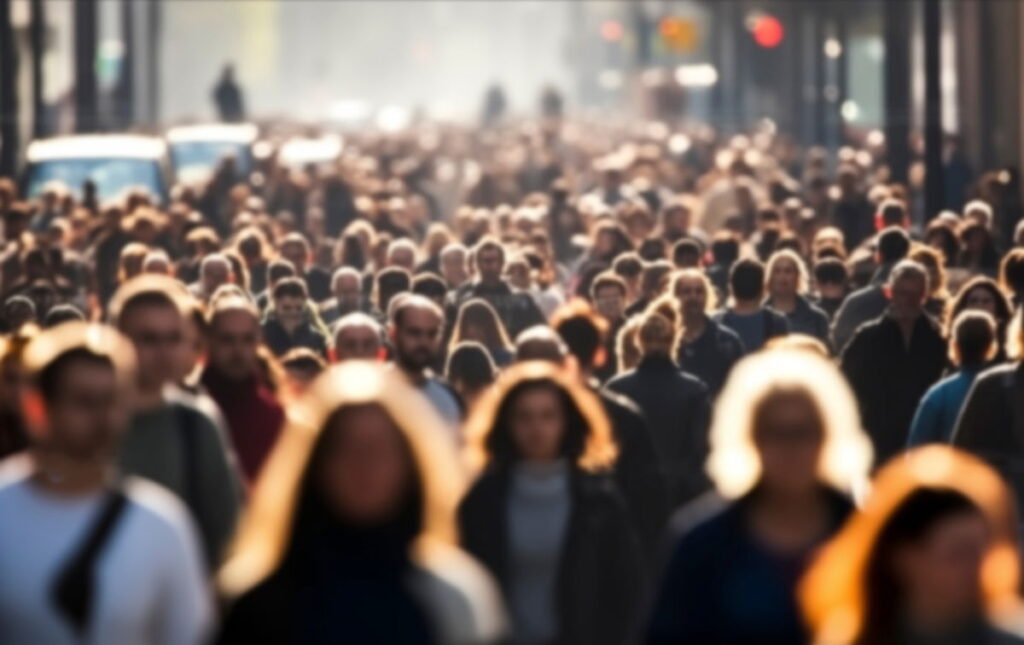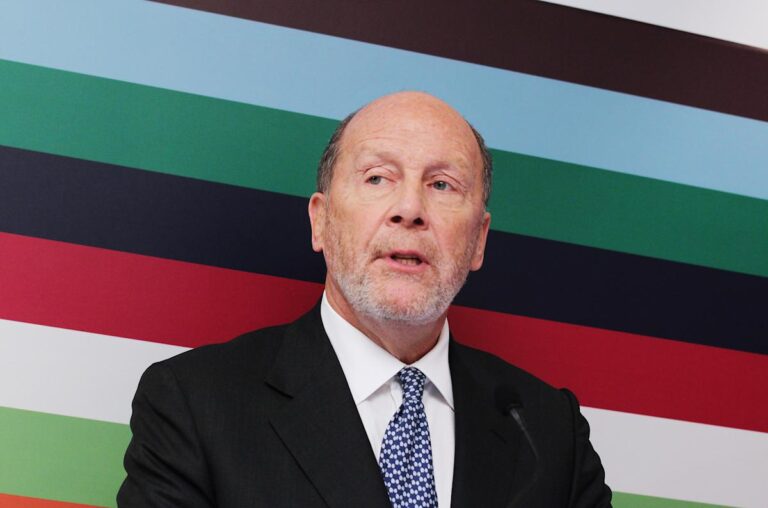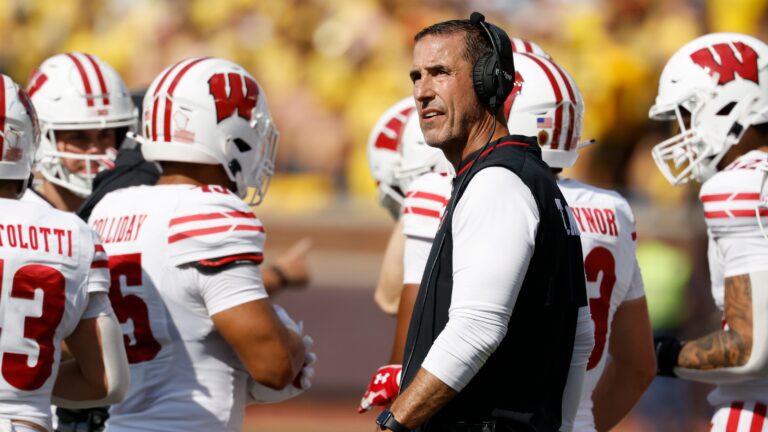
The UN estimates 8.2 billion people on Earth — but new research suggests billions may have been missed in the global population count.Credit: carlos castilla, Shutterstock.
Is it just us, or is this planet getting a little too cosy?
While the United Nations calmly reports that Earth is home to around 8.2 billion people, new research suggests they may have missed the mark—by a staggering few billion.
Yes, you read that right. Not a typo. Not a rounding error. BILLIONS.
Missing millions — or billions?
According to a paper published in Nature by Finnish researcher Josias Láng-Ritter and his team at Aalto University, rural populations around the globe may have been wildly undercounted. Their chilling conclusion? Even the most accurate datasets undervalue rural populations by HALF.
‘The discrepancies are massive,’ the researchers revealed. And these aren’t trivial figures—they’re the people growing your food, raising your cotton, and living in parts of the world that digital maps barely blink at.
This fresh figure-flinging suggests the real number of people might easily dwarf official tallies.
So while the UN relies on census reports and tidy statistical grids, this new method says the world might be far more full than we think.
Overpopulation panic or population pipe dream?
Professor Jonathan Kennedy of Queen Mary University of London, writing in The Guardian, insists this is about more than just a numbers game.
“Overpopulation,” he argues, is “rarely just about the numbers… They reflect power struggles over which lives matter, who is a burden or a threat, and ultimately what the future should look like.”
In other words: fear of too many people often masks something darker — like nationalist panic over who gets to be counted, and who’s seen as a “problem”. Or, in other words, if I worry about overpopulation, Kennedy thinks I might be a racist.
However, Professor Kennedy also stresses that while headlines scream “population crisis,” the real story is more subtle. Yes, numbers may rise until the 2080s, but then it’s downhill — and not in a good way. We’re heading for a future of ageing populations, fewer births, and economies desperate for young workers.
Musk steps in, of course
Who else but Elon Musk would offer a hot take? In a 2021 tweet, the SpaceX boss warned:
“Population collapse is potentially the greatest risk to the future of civilization.”
For once, he might have a point. Fewer workers, more retirees, and not enough people to wipe the world’s collective bottom? It’s hardly the sci-fi utopia we were promised.
Migration: The uncomfortable truth
Here’s where it gets juicy. Those most panicked about overpopulation, Kennedy warns, are often really worried about immigration.
“They worry about their countries being indelibly changed by mass migration,” he writes. “But the cold hard truth is that in a few decades our shrinking, ageing societies will desperately need these newcomers to pay taxes and work in healthcare and social care.”
Translation? If migrants work and pay their taxes, they might be tomorrow’s pension-saver.
Kennedy adds, “This vision of the future may be unsettling for some, but the alternative is much worse.”
The real crisis? Not the numbers themselves—but how we choose to react to them.
Factbox: The population panic in numbers
- 8.2 billion: UN’s current official global population estimate
- + several billion?: Revised estimate using new rural data models
- 50%: Degree to which rural populations may be undercounted
- 2080s: When global population is projected to peak, then decline
Counting people might sound dull—but it turns out it’s anything but. If these researchers are right, the planet isn’t just full—it’s bursting at the seams. But whether that’s a burden or a bonus? That’s a number we haven’t quite worked out yet.
Stay tuned to the Euro Weekly News for more Spanish living.
More Spanish news in English.






